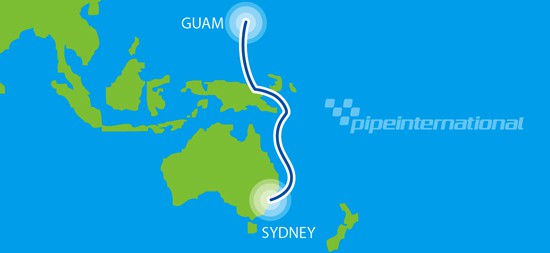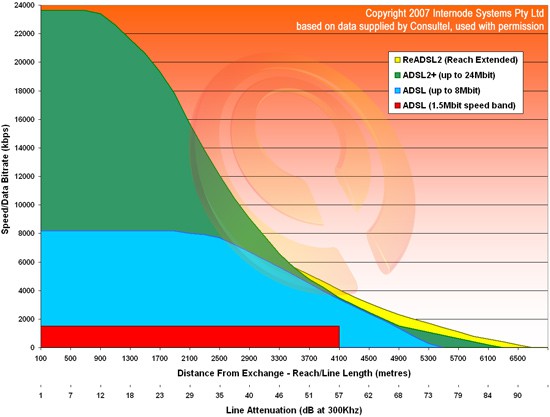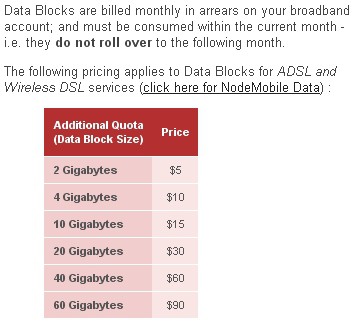 Annoying usage caps, allowances, and consumption billing irritate broadband users in those places where Internet Overcharging is established. But the demand by consumers for unlimited broadband is so strong, some ISPs are giving way, looking for competitive edges that can win them new customers and keep the ones they already have happy.
Annoying usage caps, allowances, and consumption billing irritate broadband users in those places where Internet Overcharging is established. But the demand by consumers for unlimited broadband is so strong, some ISPs are giving way, looking for competitive edges that can win them new customers and keep the ones they already have happy.
Orcon, a DSL provider serving New Zealand, has announced it is exempting visits to YouTube from its data allowance until the end of January 2010.
“YouTube is one of the hottest properties on the web – with an almost endless supply of content. It makes up a big chunk of our customer-base’s usage every month. With the school holidays looming and the festive season in full swing we’re expecting a big uptake from our customers,” said Orcon chief executive Scott Bartlett. “Streaming and downloading can rapidly chew through gigabytes of data so these holidays mums and dads can rest assured their data cap won’t take a beating. It is also a great opportunity for families to make and share their own holiday home movies with friends and family around the world.”
Orcon presently exempts several domestic websites, including TV New Zealand, from its usage allowance. YouTube is one of the first international sites Orcon has exempted.
Orcon services its customers over the telephone network using ADSL and, in selected areas, ADSL2+ which provides service theoretically up to 24Mbps.
For Orcon customers, any streaming video exemption is good news, considering the ISP’s tiny usage allowances.
Orcon charges prices that would shock Americans:
Orcon’s Purple Plan provides a variable download speed (often 8Mbps or less downstream) and 128kbps upstream service with a 1GB monthly usage allowance for $29US a month. Each additional gigabyte costs $1.50. Their Platinum Plan doesn’t provide additional speed, just a bigger usage allowance. For 20GB of usage per month, prepare to spend $95 per month. Domestic long distance and local calling is also included in the Platinum Plan. Orcon’s new ADSL2+ network is even more pricey, but can deliver faster speeds (12-15Mbps seem to be real world ranges for downstream). The usage allowance is slightly higher on the ADSL2+ network, but not by much. The highest allowance available tops out at 25GB.
[flv width=”640″ height=”405″]http://www.phillipdampier.com/video/Orcon Broadband Iggy Pop Ad 11-16-09.flv[/flv]
<
p style=”text-align: center;”>Orcon Broadband ran an advertising campaign to find eight New Zealanders to help Iggy Pop re-record ‘The Passenger’ live via Orcon Broadband. This is the result. (November 16, 2009 – 2 minutes)


 Subscribe
Subscribe



